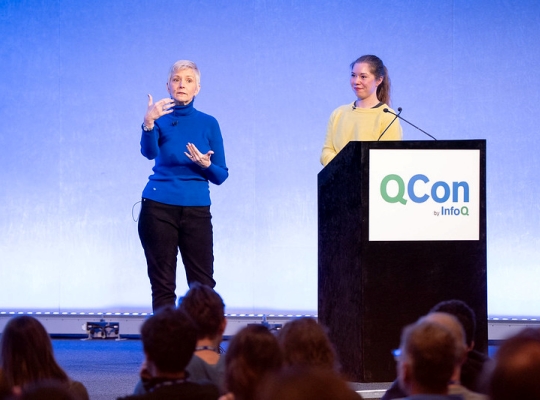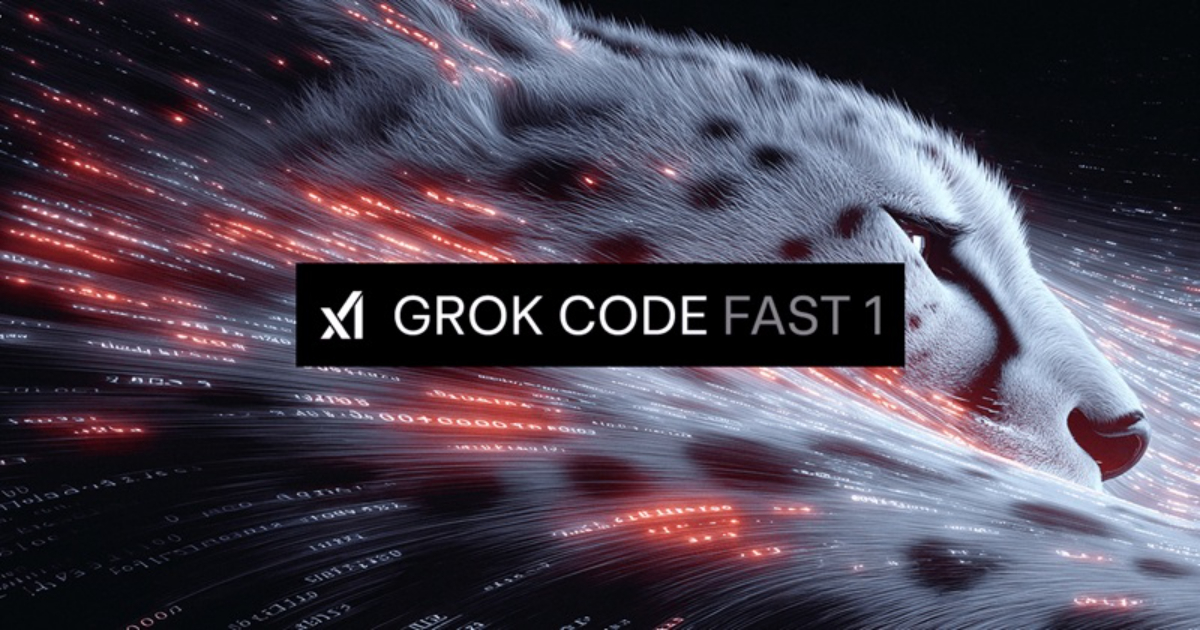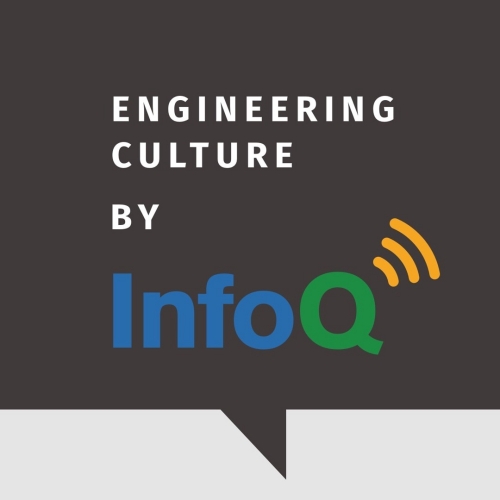Codetown
Codetown ::: a software developer's community
February OJUG ::: Programming Platform Growth: Table Stakes or Deal Makes?
Hello Java Enthusiasts!
You're in for a treat! We have a great presentation coming up, Here are the details.
experience, spanning many languages, operating systems, and platforms,
to survey what it takes to make a programming language platform
successful in terms of widespread use. Ed will look at Java, Python,
Node, Go, and Swift and evaluate the ingredients that brought each one
its own form of success. Finally, Ed will draw some lessons that apply
to anyone trying to grow their computing platform, because, at some
level, we are all in the platform business.
## Purpose of the Talk
IT practitioners are often faced with platform selection choices when
building solutions for their customers. The set of available choices is
always subject to lots of churn and chaos. This talk looks at what
separates successful platforms from others in terms of how each one
deals with technical and non-technical concerns.
## Target Audience
* Architect level developers who are faced with technology selection choices.
* Developers who want the platforms they are building to be successful.
## Audience Takeaway
Success is never an accident, and when it comes to programming platforms
thare are many checkbox-type things your platform must have to ensure
success. But implementing these things requires lots of grit,
determination, and polish.
Tags:
Replies to This Discussion
-
Permalink Reply by Michael Levin on February 22, 2019 at 2:13pm
-
Please note the date has been changed to 3/7.
-
Notes
Welcome to Codetown!
 Codetown is a social network. It's got blogs, forums, groups, personal pages and more! You might think of Codetown as a funky camper van with lots of compartments for your stuff and a great multimedia system, too! Best of all, Codetown has room for all of your friends.
Codetown is a social network. It's got blogs, forums, groups, personal pages and more! You might think of Codetown as a funky camper van with lots of compartments for your stuff and a great multimedia system, too! Best of all, Codetown has room for all of your friends.
Created by Michael Levin Dec 18, 2008 at 6:56pm. Last updated by Michael Levin May 4, 2018.
Looking for Jobs or Staff?
Check out the Codetown Jobs group.
InfoQ Reading List
Presentation: The Friction Fix: Building Collaborative Relationships Between Teams

Diana Montalion and Cat Morris discuss why large-scale transformations often fail, pinpointing six systemic friction points. They explain how architects can drive change by understanding organizational systems, designing knowledge flow, and architecting relationships. They argue that focusing on outcomes, managing resistance, and adopting a learning-driven mindset are critical to success.
By Cat Morris, Diana MontalionxAI Releases Grok Code Fast 1, a New Model for Agentic Coding

xAI introduced grok-code-fast-1, a model developed specifically for agentic coding workflows.
By Daniel DominguezGoogle Spanner Unifies OLTP and OLAP with Columnar Engine

Google Spanner now features a columnar engine, allowing its distributed database to handle both OLTP and OLAP workloads on a single platform. This hybrid architecture eliminates the need for separate data warehouses and ETL pipelines. The engine's columnar storage and vectorized execution accelerate analytical queries up to 200x on live data, which is especially beneficial for AI applications.
By Steef-Jan WiggersPodcast: The Evolution of Code Review: From Bug-Finding to Team Building

In this podcast, Shane Hastie, Lead Editor for Culture & Methods, spoke to Greg Foster about the evolution and purpose of code reviews, building teams with kindness, expertise, and urgency, and how AI tools are changing software development.
By Greg FosterArticle: Virtual panel: How software engineers and team leaders can excel with artificial intelligence

Artificial intelligence is impacting the individual work of software developers, how professionals work together in teams, and how software teams are being managed. In this panel, we'll discuss how artificial intelligence is reshaping software development, and what mindset and skills are required for software developers and engineering leaders to become adaptable and resilient in the age of AI.
By Ben Linders, Courtney Nash, Mandy Gu, Hien Luu
© 2025 Created by Michael Levin.
Powered by
![]()